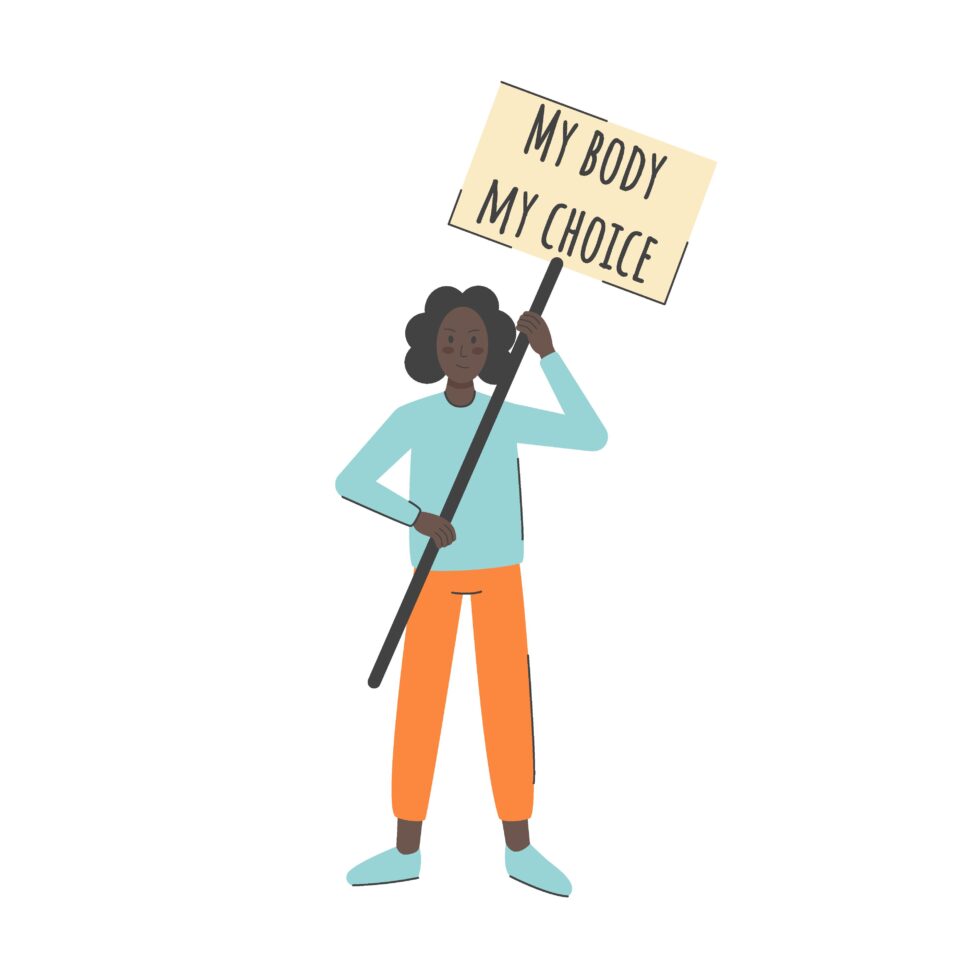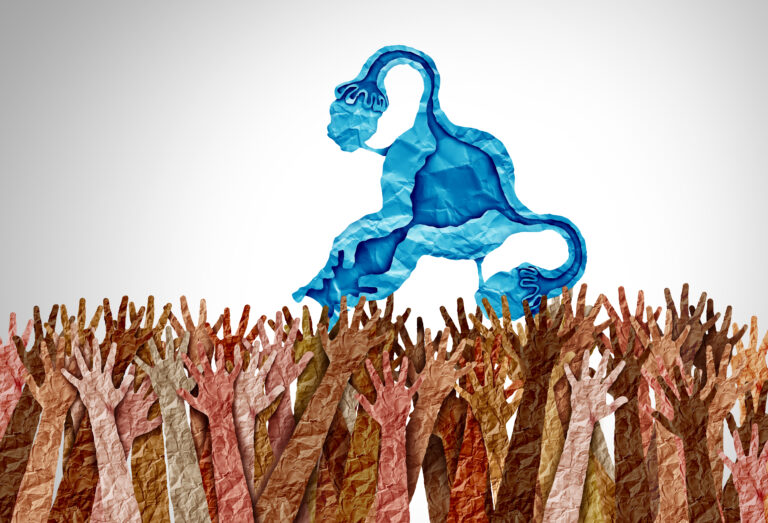
Impact of Abortion Ban

We again find ourselves once again (in my lifetime) defending a most fundamental human right; the decision of what, who, and how our body is to be accessed by another.
I find repeating this fight so profoundly cruel & inhumane. Passing any sort of abortion ban or restriction forces a person to risk, against their will, their physical health, wellbeing, mental health, and future. It is equivalent to stealing organs without consent.
The most egregious crime of abortion bans is the violation of a woman’s constitutional right to privacy and bodily autonomy. The Supreme Court has repeatedly affirmed that the right to choose whether to have an abortion is a fundamental right protected by the Constitution. By criminalizing abortion, governments are denying women the ability to make decisions about their own bodies, their health, and their futures. There are no laws that violate this constitutional right for men.
Furthermore, banning abortion does not reduce the number of abortions that occur. (Read That Again!) It simply forces women to seek unsafe, illegal abortions, which can lead to injury, illness, and even death. In countries where abortion is illegal, women are five times more likely to die from unsafe abortions than in countries where it is legal and safe.
Additionally, abortion bans disproportionately affect low-income women and women of color, who are already more likely to face barriers to accessing healthcare. Restricting access to abortion also contributes to a cycle of poverty, as women who are unable to terminate unintended pregnancies may be forced to drop out of school or work and may struggle to provide for their families.
Ultimately, the decision to have an abortion should be left up to individual women in consultation with their doctors and in consideration of their own unique circumstances. Criminalizing abortion takes away women’s ability to make choices about their own lives and bodies, and undermines their health, well-being, and autonomy.

Let me begin with this… our personal WHY is no one else’s business. Our Body, Our Decision.
For those who need justification, here is a list.
There are several medical reasons why a woman may seek an abortion, including:
- Life-threatening complications: If the continuation of pregnancy poses a serious threat to a woman’s life, an abortion may be necessary to save her.
- Fetal abnormalities: If the fetus is found to have serious abnormalities that would significantly impact the quality of life, a woman may choose to terminate the pregnancy.
- Health conditions: Women with pre-existing medical conditions, such as heart disease or diabetes, may need to end a pregnancy to protect their health.
- Financial reasons: If a woman is unable to afford the costs of prenatal care and childbirth, she may choose to terminate the pregnancy.
- Unplanned pregnancy: Women may seek abortions if they become pregnant unexpectedly and do not feel ready to become a parent.
- Rape or incest: If a woman becomes pregnant as a result of rape or incest, she may choose to terminate the pregnancy.
It is important to note that the decision to seek an abortion is deeply personal and varies from woman to woman, and the medical reasons for seeking an abortion may also vary.
Preventing abortions can include changing how we treat women who become mothers.
There are many reasons why women may choose not to become mothers, including personal, social, economic, and health-related factors. Some women may prioritize their careers, education, or other life goals, while others may not feel ready or willing to take on the responsibility of raising children.
Additionally, some women may have medical conditions that make pregnancy or childbirth risky, or they may simply not have a desire to become mothers. Ultimately, the decision to have children is a personal one that varies from woman to woman.
To enable women to have more children, a number of social changes would need to occur. Some of these changes might include better access to affordable healthcare, childcare, and parental leave, as well as greater gender equality in the workplace, and more support for families in general. Additionally, addressing systemic issues such as poverty and inequality, and ensuring access to education and opportunities for women and girls, could also help create a more supportive environment for families and children.
Source List
Here are some data links that support the argument against abortion bans:
- Guttmacher Institute: State Laws and Policies: https://www.guttmacher.org/state-policy
This page provides information on state laws and policies related to abortion in the United States. It includes information on the impact of abortion restrictions on women’s health and access to care.
- American College of Obstetricians and Gynecologists: Access to Abortion: https://www.acog.org/womens-health/faqs/access-to-abortion
This page provides information on the importance of access to abortion for women’s health and well-being. It includes data on the safety of abortion and the impact of restrictive laws on women’s health.
- National Women’s Law Center: Reproductive Rights: https://nwlc.org/issues/reproductive-rights/
This page provides information on the legal and policy issues related to reproductive rights in the United States. It includes data on the impact of abortion restrictions on women’s economic security and ability to make their own decisions about their health care.
- Kaiser Family Foundation: Abortion in the U.S.: https://www.kff.org/womens-health-policy/fact-sheet/abortion-in-the-u-s/
This page provides data and information on the prevalence of abortion in the United States, as well as state-level data on abortion restrictions and access to care.
- Planned Parenthood: The Impact of Abortion Restrictions: https://www.plannedparenthoodaction.org/issues/abortion/restrictions/impact-abortion-restrictions
This page provides information on the impact of abortion restrictions on women’s health and well-being. It includes data on the economic and social impact of restrictive laws on women and families.

Dr. Nancy Sutton Pierce is a certified Clinical Sexologist, Relationship Expert & International Speaker who has dedicated her career to educating and empowering individuals and couples to create more fulfilling relationships and sexual experiences sans guilt and shame from a lifetime of dogma.
A clinical sexologist is a professional who specializes in the study of human sexuality and sexual health, and who provides therapy and counseling services to individuals and couples experiencing sexual issues or concerns.
Clinical sexologists are trained to address a wide range of sexual issues, including sexual dysfunction, sexual trauma, relationship problems, gender identity issues, and concerns related to sexual orientation, among others. They may work in private practice, hospitals, clinics, or other healthcare settings, and often work collaboratively with other healthcare providers, such as physicians, psychologists, and social workers.
Clinical sexologists typically hold advanced degrees in fields such as human sexuality, psychology, or counseling, and may be licensed or certified by professional organizations such as the American Association of Sexuality Educators, Counselors and Therapists (AASECT) or the World Association for Sexual Health (WAS). They are trained to provide non-judgmental, compassionate care to individuals and couples seeking support for their sexual health and well-being
The term “dogma” generally refers to a set of beliefs or principles that are held as true and unquestionable by a particular group or organization, typically related to religion or ideology.
Dogma can be characterized by strict adherence to a particular doctrine or set of principles, often without any room for questioning or dissent. It can be used to justify beliefs or actions that might otherwise be questioned or criticized.





Add A Comment